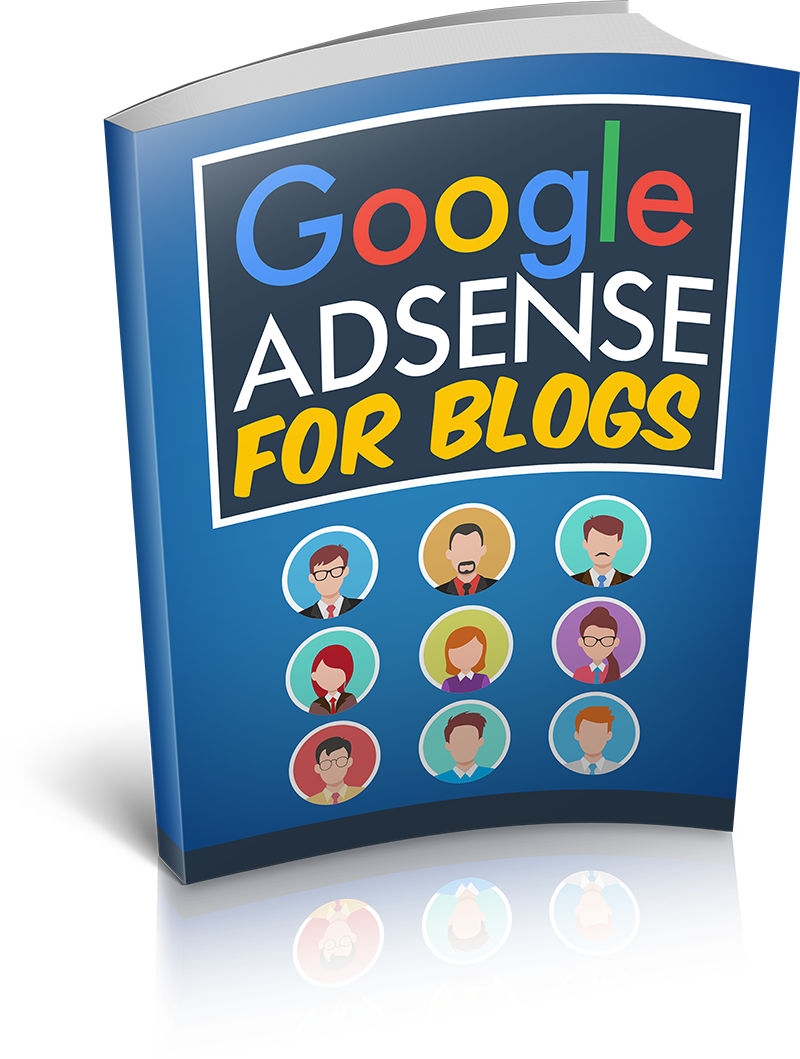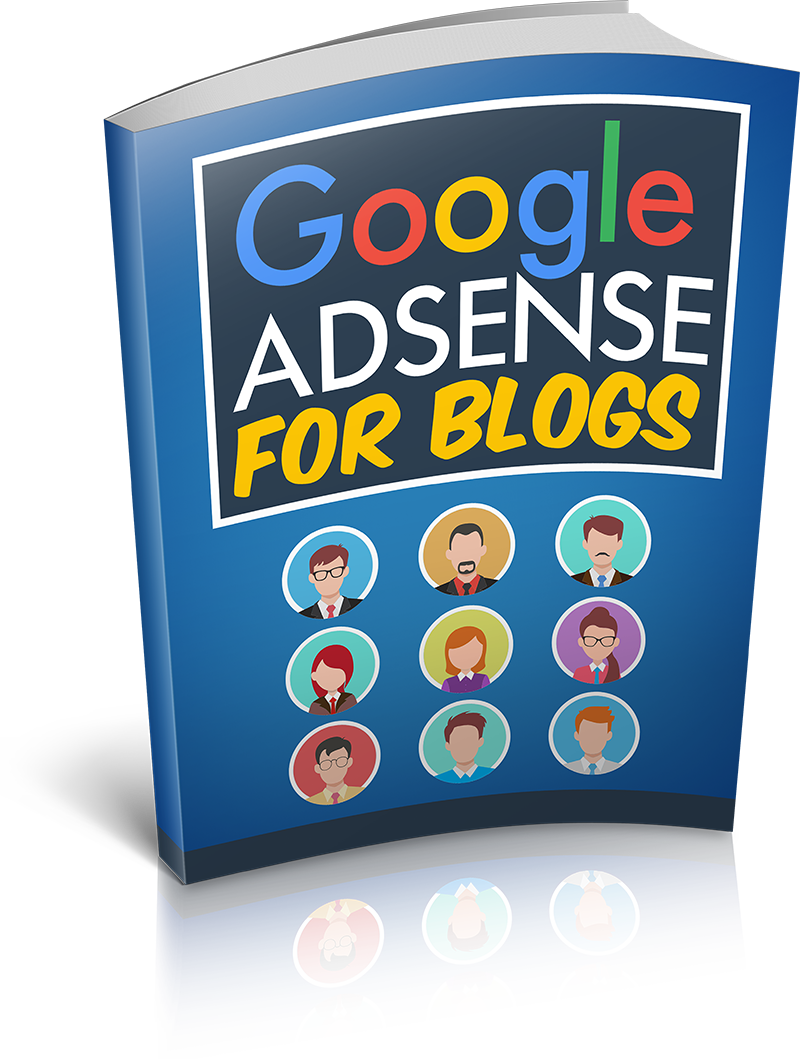Bizknowledge Insider
Google ADSENSE
Google ADSENSE
Couldn't load pickup availability
This guide provides a comprehensive overview of using Google AdSense to monetize a blog. It covers everything from setting up AdSense, optimizing ad placement, and increasing traffic to improving search engine rankings.
Chapter 1: Adsense Money
- AdSense Overview: AdSense allows bloggers to earn money by hosting ads on their blogs. Google pays for clicks on these ads.
- Ad Relevance: AdSense uses Googlebot to match ads to the blog's content, ensuring relevance and higher click-through rates.
- Monetization: AdSense is popular for its ease of use, especially with Blogger, and for providing high-quality advertisers.
- Ad Placement: Tips include blending ads with the blog's theme and avoiding too many graphics to maintain a clean look.
Chapter 2: How To Work With Google
- Approval Process: Applying for AdSense involves providing blog details and agreeing to terms. Approval typically takes 2-3 days.
- Ad Block Locations: Optimal locations include the top of the page, within the text, and on the sidebar. Blending ads with the template is crucial.
- Graphics and AdSense: Using graphics above AdSense blocks can draw attention and increase clicks.
Chapter 3: Your Control Center
- AdSense Console: Manages ad blocks, tracks performance, and provides site diagnostics.
- Reports and Setup: Offers insights into ad performance and tools to customize ad appearance and filter competitor ads.
- Account Management: Personal and financial details can be updated here.
Chapter 4: Generating More Adsense Money
- Forum and Email Signatures: Adding blog links in forum and email signatures can drive traffic.
- Back-links: Creating back-links through article submissions, press releases, and blog directories improves search rankings.
- Engagement: Commenting on other blogs and guest blogging can increase visibility and back-links.
Chapter 5: Even More Exposure
- Search Engine Optimization (SEO): Enhances search engine rankings through keyword density, META tags, and regular updates.
- Staying on Topic: Consistent and frequent posting on a specific topic improves SEO.
- Pinging: Notifies search engines of updates, ensuring timely indexing.
Share

